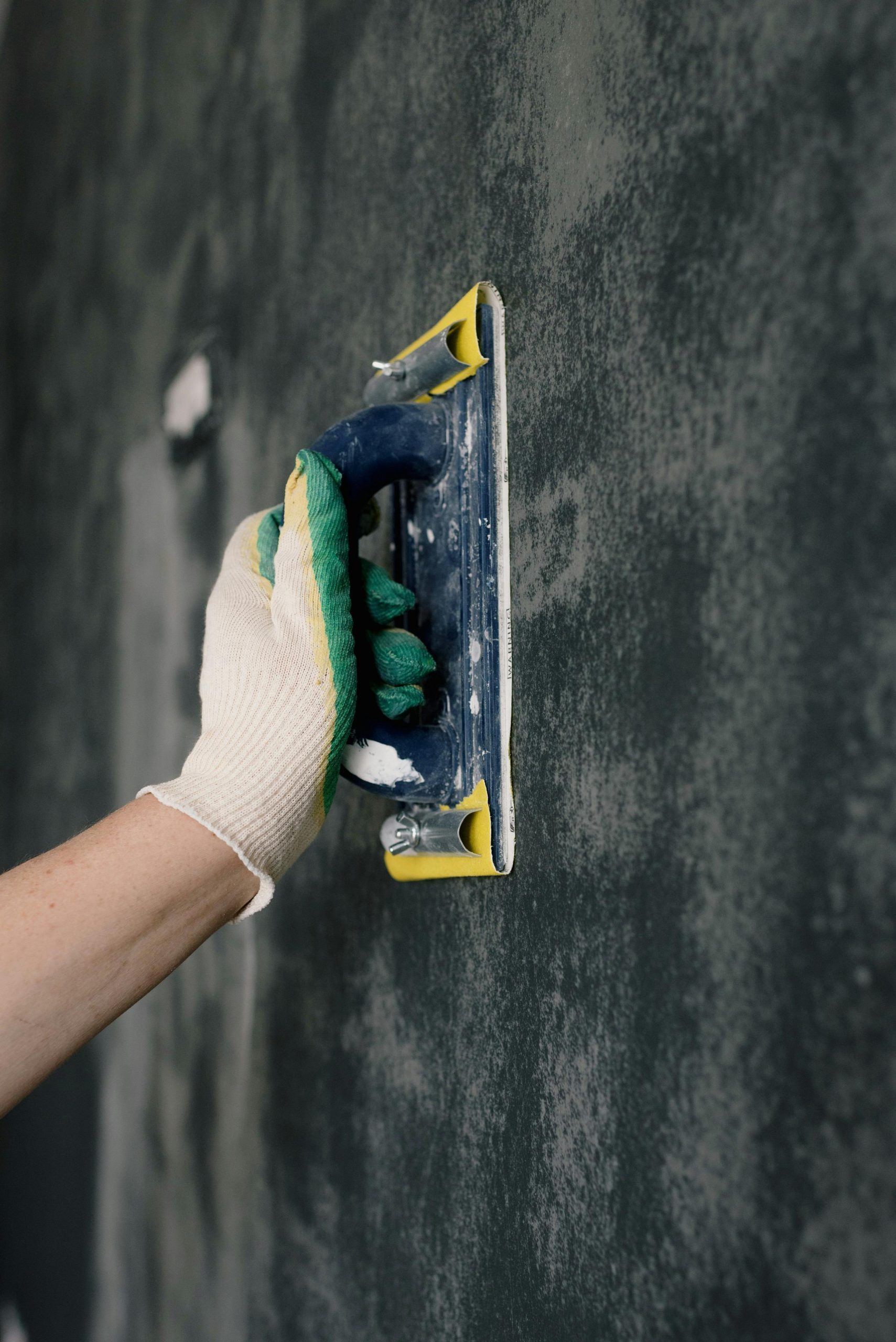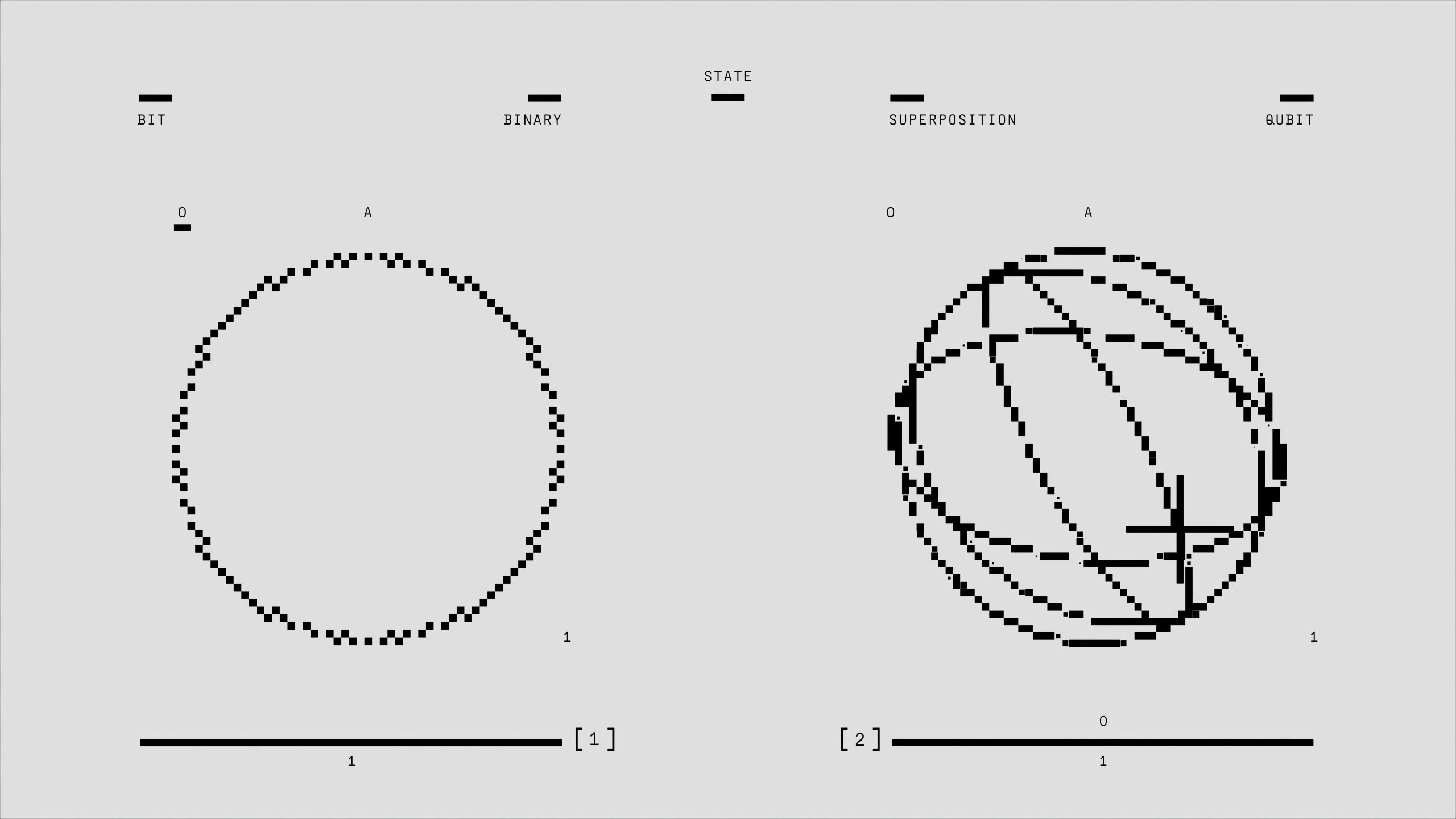Title: Navigating Vehicle Damage in Your Driveway: Insurance and Liability Considerations
Accidents can happen unexpectedly, even right in your own driveway. Recently, I experienced such an incident involving two parked vehicles—one mine, one belonging to a family member. Here’s a detailed look at what unfolded and some essential insights into handling insurance and liability in similar situations.
The Incident Overview
I live in a suburb of Detroit, Michigan, and own a 2017 Ford Expedition, which is fully paid off and insured with comprehensive coverage. One day, my fiancé’s son, a 20-year-old with a valid driver’s license and insured under his mother’s policy, arrived in his vintage 1974 Ford F100 truck. His vehicle is a work-in-progress project, licensed and insured.
He parked his truck uphill from my Expedition. After exiting the vehicle and closing the door, it unexpectedly rolled backward and collided with the front corner of my SUV. This incident was captured clearly on our security cameras, showing him stepping out just moments before the collision.
Damage Assessment
My Expedition suffered significant damage: a flat tire, bumper damage, and possible harm to aftermarket wheels, lifted suspension, and the A-arm. The estimated repair cost exceeds $12,000, and as the vehicle is fully paid off, I have broad collision coverage with a $1,000 deductible. Given the extent of the damage, the repair costs are likely higher than the deductible.
His truck, on the other hand, sustained only minor scratches.
Liability and Insurance Implications
One of the key questions: Is he at fault even though he had exited the vehicle? Typically, if an unoccupied vehicle causes damage, liability depends on the circumstances. Given that he was out of the truck and it was still in gear or rolling, standard liability principles suggest he may hold some responsibility.
Regarding insurance coverage:
-
Homeowners Insurance: Usually, homeowners policies do not cover vehicle damage unless caused by specific perils, and vehicle damage is often excluded or limited. Also, filing a claim might impact home insurance rates, which we’re cautious about due to previous claims and potential rate hikes.
-
Auto Insurance: Since the vehicle was in motion— even if unintentional—auto insurance is generally the appropriate coverage to handle damages. Because I have comprehensive collision coverage on my Expedition, filing a claim is a straightforward option.
Financial Considerations
Given the damage estimate and my insurance policy, lodging



